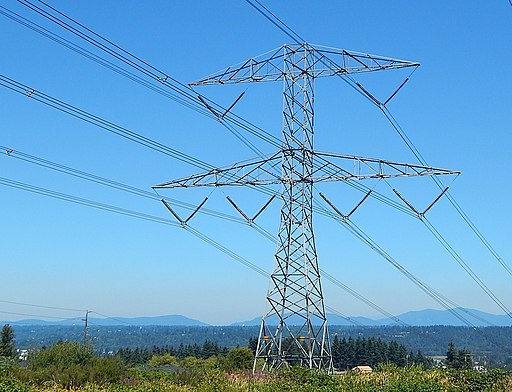I write three syndicated columns a week, and the vast majority of them could easily run with the title “Stupid and Evil US Government Action of the Day.”
There’s almost always a specific “news hook” — whatever story happens to be dominating headlines and the public conversation — and my take often focuses on the unconstitutionality of this or that action of the federal government’s legislative, executive, or judicial branch (sometimes all three).
I also often close with my favorite quote from 19th century anarchist Lysander Spooner:
“But whether the Constitution really be one thing, or another, this much is certain — that it has either authorized such a government as we have had, or has been powerless to prevent it. In either case, it is unfit to exist.”
Now that I’ve thoroughly buried the lede, which isn’t even a “news hook” (I’m breaking ALL the rules today, aren’t I?), let’s get to the big question raised by Spooner’s “authorized … or has been powerless to prevent” observation:
Does the US government, as described in the US Constitution, even exist?
I say it doesn’t, and as evidence for my claim, I’m going to talk about recipes.
That, you see, is what a constitution is: A recipe for government. It’s made of ingredients, instructions, and warnings.
Ingredients for sugar cookies: 1 cup of butter, 2/3 cup of granulated sugar, and 2 cups of flour.
Instructions: Mix the ingredients, form into individual cookies, bake at 325 degrees for 15 minutes. Cool/rest for 15 minutes.
Warnings: Don’t over-bake! Don’t skip the cooling time!
If I use vinegar instead of butter, salt instead of sugar, and garlic powder instead of flour, bake it as a whole mass for an hour at 450 degrees, then immediately serve it, I made something. But I think you’ll agree that what I made was NOT a batch of sugar cookies.
The Constitution says Congress “shall make no law … abridging the freedom of speech.” If the organization that claims to be Congress makes such a law, is that organization actually Congress? Is it butter, or vinegar?
The Constitution says that “No Money shall be drawn from the Treasury, but in Consequence of Appropriations made by Law.” If the person claiming to be president spends money on things that Congress didn’t appropriate the money for, is that person really the president? Is he or she sugar, or salt?
The Constitution vests the judicial power of the United States in the Supreme Court. If the organization claiming to be the Supreme Court ignores the constraints and requirements of the Constitution itself in its rulings, is that organization really that court? Is it flour, or garlic powder?
The dish we’ve been served for decades — perhaps even from the very beginning — is not “constitutional government.”
A recipe is powerless to prevent incompetent or mischievous cooks from ruining the dish. Those who want “constitutional government” and think it’s possible need to fire the entire kitchen staff and start fresh.
But personally, I doubt that the recipe would produce the results it claims even if followed.
Thomas L. Knapp (X: @thomaslknapp | Bluesky: @knappster.bsky.social | Mastodon: @knappster) is director and senior news analyst at the William Lloyd Garrison Center for Libertarian Advocacy Journalism (thegarrisoncenter.org). He lives and works in north central Florida.
PUBLICATION/CITATION HISTORY



